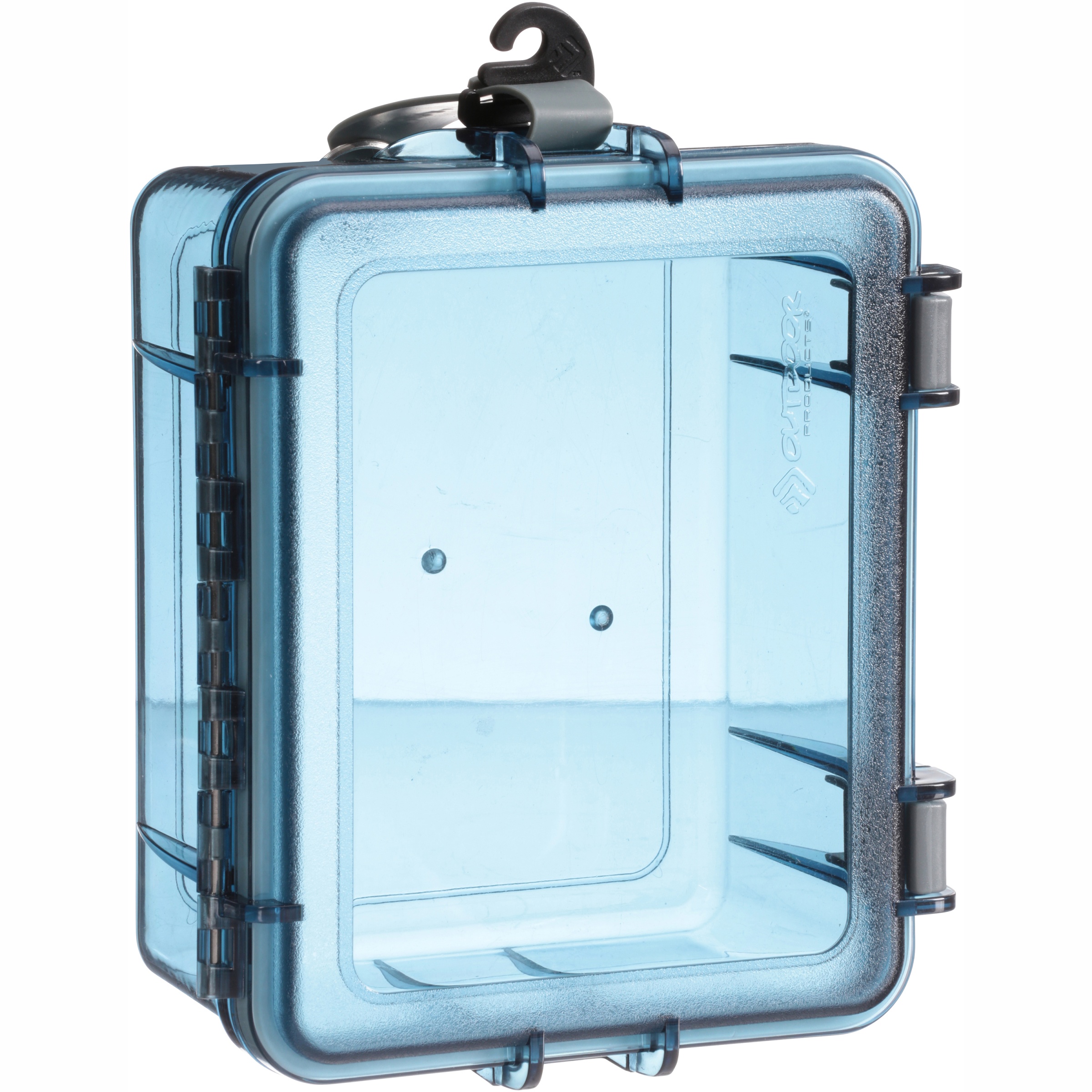1911user
Veteran Member
Trauma medicine is medical help when immediate attention is required or someone (maybe you) will bleed out in less than 10 minutes. Examples of trauma medicine are someone was shot, bad fall with a deep puncture wound, punctured lung, somehow an artery is cut and it looks like a red fountain at the wound, etc.
Do you have medical knowledge of what to do in a situation like that? Do you carry a trauma medical kit (also known as a blowout kit in military circles)? Do you keep one in a vehicle or BOB?
This might be good knowledge to have now and in a chaotic future. Having specialized medical bandages, tourniquets, etc. would be worth investigating. This could be very useful if someone is accidentally injured at a shooting range and many other situations. This is different than a basic first aid kit (i.e. boo-boo kit).
Comments, knowledge, clarifications, etc. are welcome.
Do you have medical knowledge of what to do in a situation like that? Do you carry a trauma medical kit (also known as a blowout kit in military circles)? Do you keep one in a vehicle or BOB?
This might be good knowledge to have now and in a chaotic future. Having specialized medical bandages, tourniquets, etc. would be worth investigating. This could be very useful if someone is accidentally injured at a shooting range and many other situations. This is different than a basic first aid kit (i.e. boo-boo kit).
Comments, knowledge, clarifications, etc. are welcome.
Last edited:


 .
.